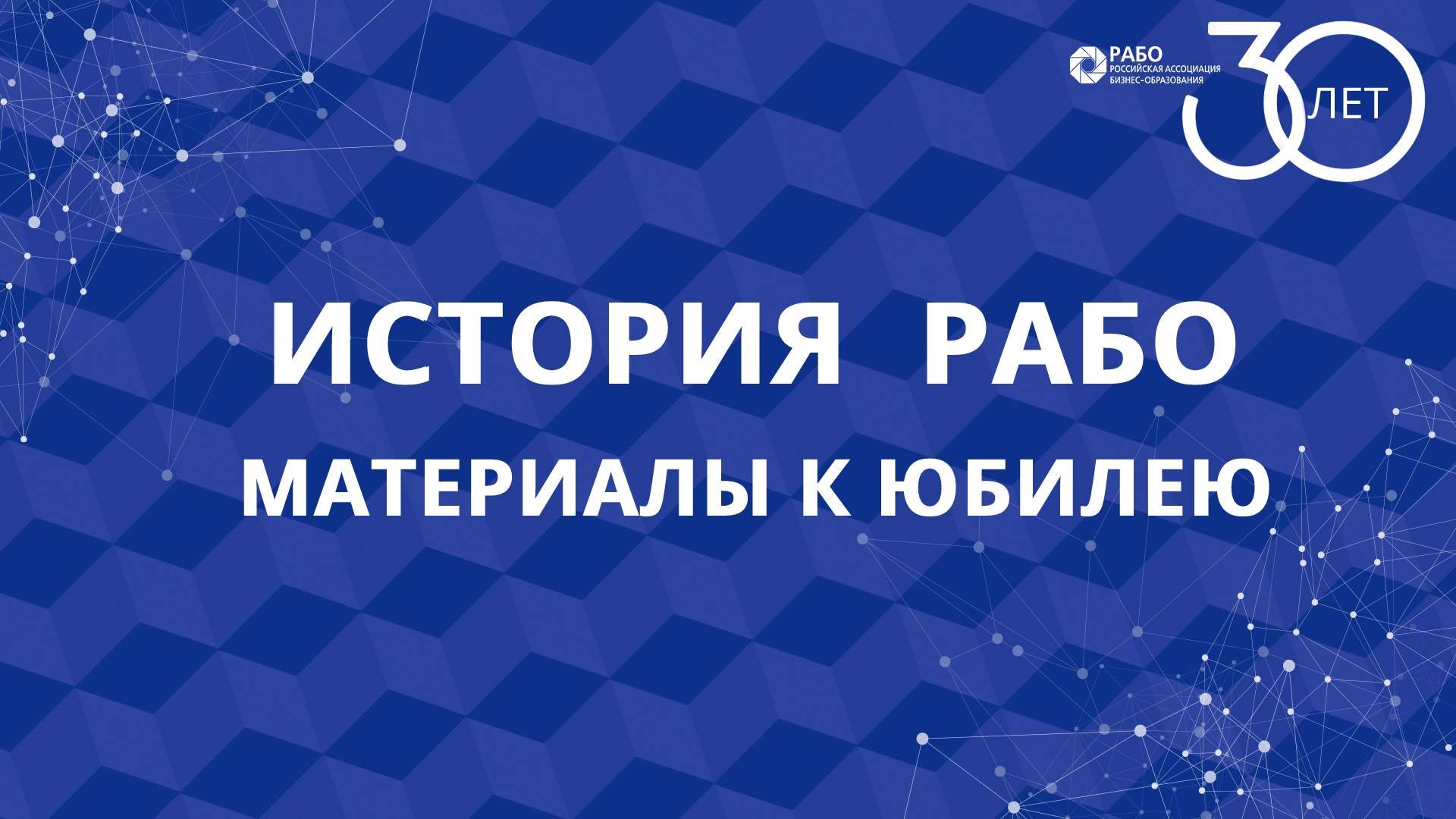Population and society
Организатор: Финансовый университет при Правительстве РФ
Москва
Даты проведения:
С открытой датой
Описание мероприятия
Язык обучения: английскийОписание программы
This course deals with the inter-relationship between the demographic characteristics of a society (fertility, mortality and migration) and their economic and social context. The causes of demographic change and their consequences are examined. The focus of the course is comparative, both across time and between developed and less developed societies. It provides an up-to-date and comprehensive account of global population trends and processes.
The objectives of the course are to:
- introduce you to key theoretical debates in population studies
- introduce you to key concepts and approaches to understanding demographic change
- describe and evaluate the substantive evidence out of which theories about population change have emerged
- describe how societies change in response to population change and vice versa.
Assessment
This course is assessed by a three-hour unseen written examination.
Учебный план:
Topics covered are:
- the relationship between population size and available resources, including an assessment of Malthusian and neoMalthusian perspectives and their opponents;
- social, biological and economic influences on population growth rates;
- the demographic and health transitions;
- HIV/AIDS;
- fertility decline and the role of family planning programmes;
- the changing characteristics of the family;
- population ageing and its social and economic consequences;
- theories of, and trends in, migration and urbanisation.
Результат обучения:
At the end of this course and having completed the essential reading and activities students should be able to:
- evaluate the main theoretical and empirical issues in population studies
- explain and interpret basic demographic data
- critically analyse processes of contemporary population change and their policy implications.




